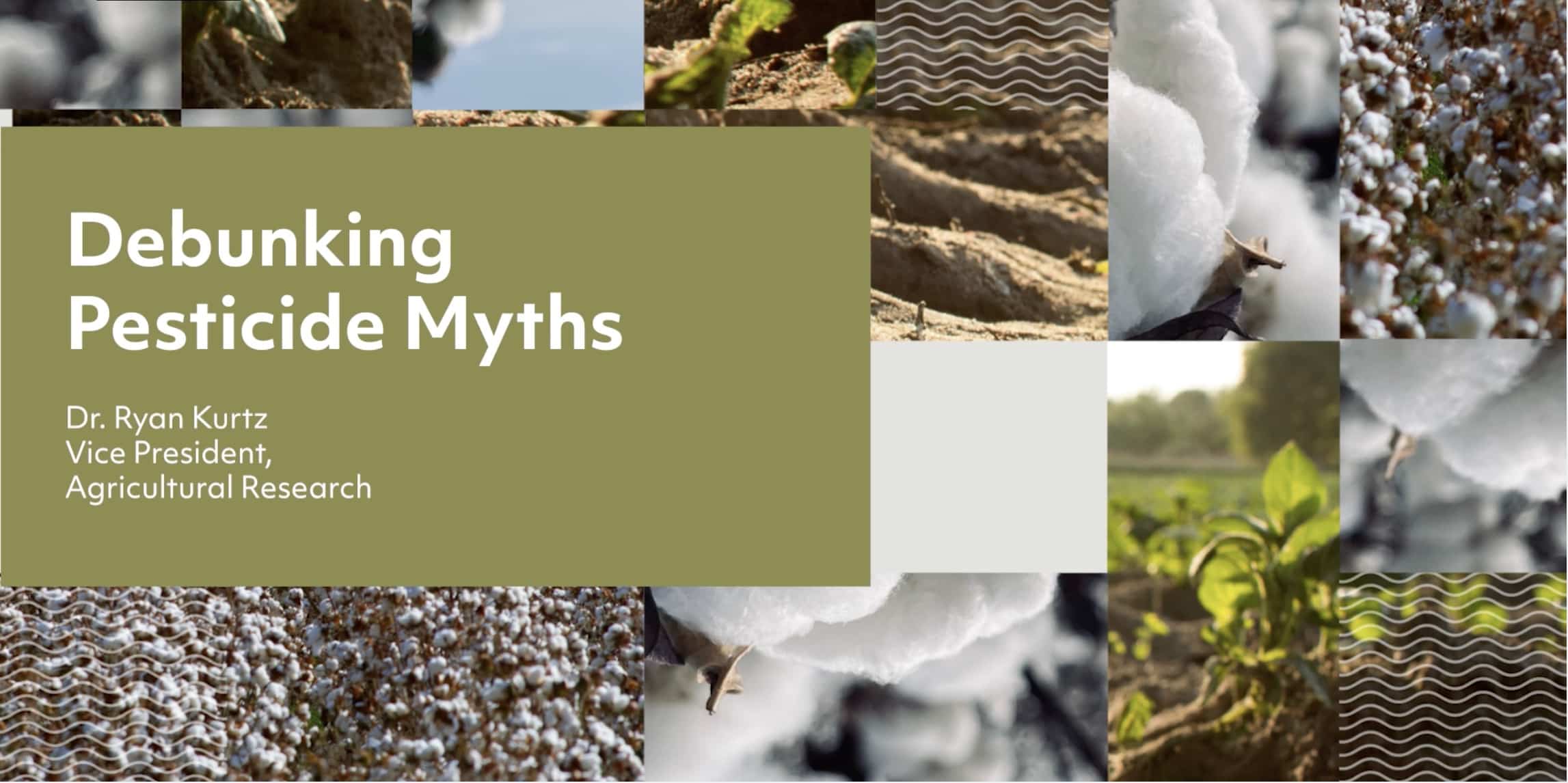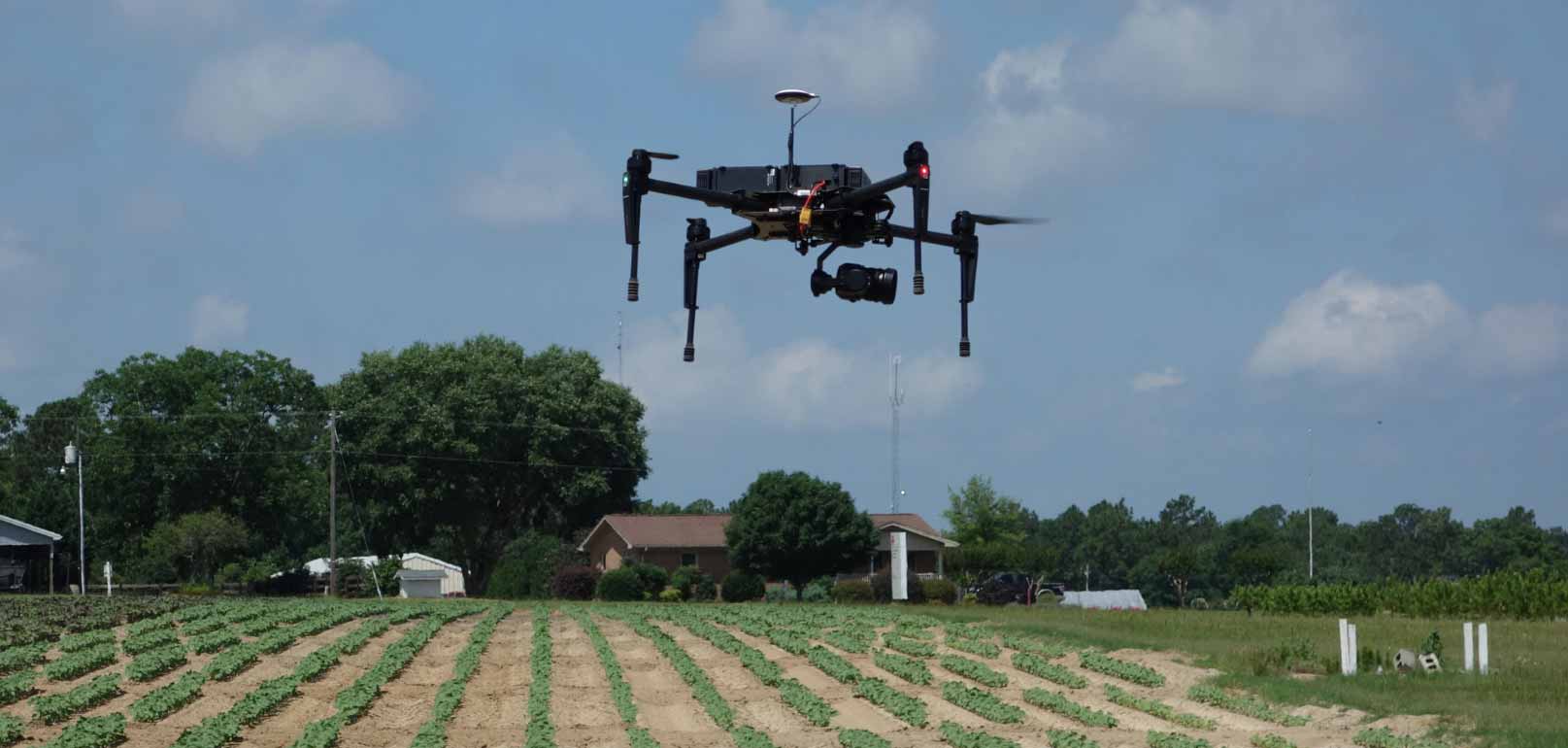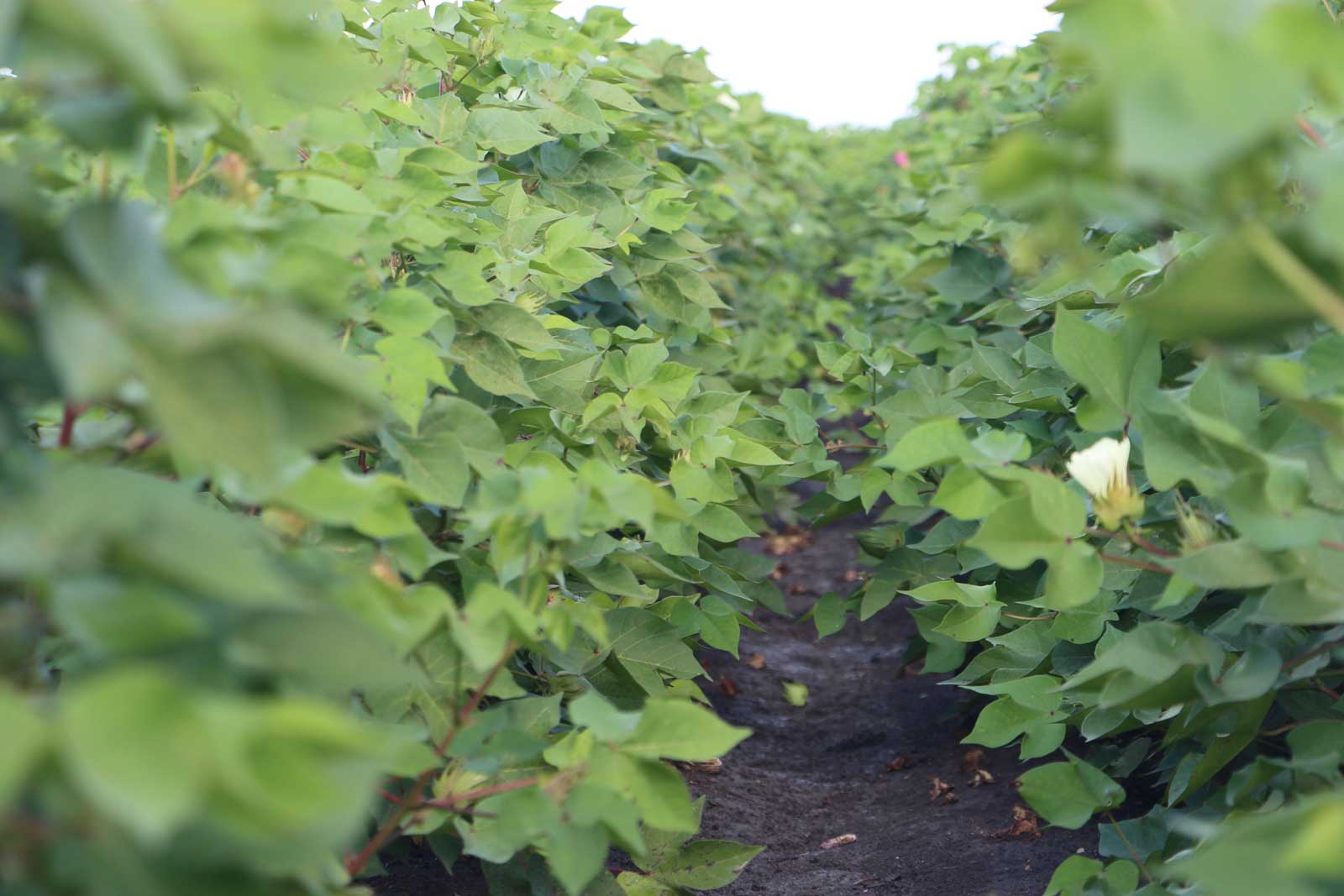With Ryan Kurtz, Vice President of Agricultural Research at Cotton Inc.
What is IPM?
Integrated Pest Management or IPM is its commonly referred to is a holistic approach to tackling the challenges pests like weeds, insects, and pathogens in agriculture. The whole idea behind Integrated Pest Management is to take a broad perspective on the different pests that can affect agricultural production and to use a wide variety of tools, approaches and strategies to better manage them.
By studying their life cycles and how pests interact with the environment, IPM professionals can deploy the most advanced methods to ensure the most effective management of pests while lowering inputs costs and risks to people and the environment.
What is Cotton Incorporated doing to improve IPM?
Cotton Incorporated believes strongly in and actively supports the further development and use of IPM techniques. An important part of this work is knowledge sharing to promote the widespread use of smart IPM practices. Cotton Incorporated provides growers with the most current information through the Cotton Cultivated website and Focus on Cotton webcast series with Grow: Plant Health Exchange and it also funds outreach with University Extension programs.
What are the impacts?
In the U.S., university research into and knowledge sharing of improved IPM techniques have contributed meaningfully to a significant decrease in total pesticide use and cotton cultivation. As of 2021, only 39% of planted cotton acres required a foliar insecticide spray. According to the USDA in 2017 less than one tenth of an ounce of pesticides were used per pound of cotton produced or to show that in a different way. The same amount is about three packs of artificial sweetener. The concepts and novel approaches through funded research in the U.S. can often be adapted and applied to other growing regions.
Common, IPM tactics used by cotton growers include prevention such as cleaning equipment and implements after fieldwork avoidance with rotating crops during the last three years monitoring such as scouting for weeds and suppression, like using pesticides with different mechanisms of action to keep pests from becoming resistant.



